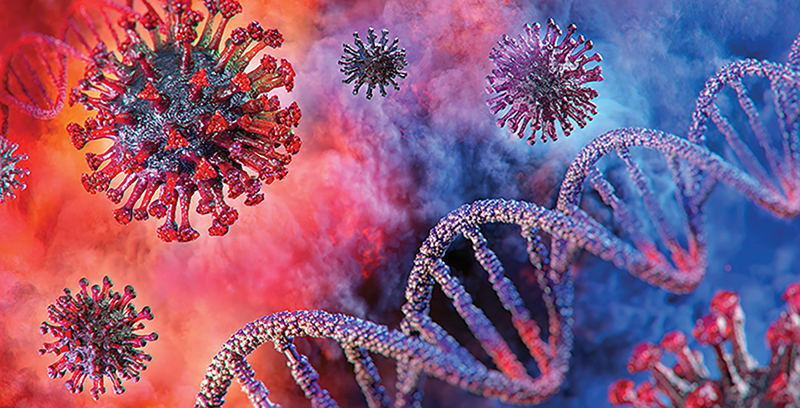
We all are going through uncertain times as the world battles the COVID-19 pandemic. It is during these times that we do the best to protect our health and that of our families. People with chronic medical conditions such as diabetes are at higher risk of complications with COVID-19. Diabetes management can be challenging and overwhelming and these pandemic times add an extra, unexpected burden.
However, we can take precautions that prevent infection and maintain good health. Here are a few suggestions that you as an individual with diabetes, or your family member taking care of you, can consider to ensure you stay healthy.
Medications
- Check all of your medications for adequate supplies. Call your doctor’s office/pharmacy to ensure you have refills, especially insulin
- Do not stop any of your medications without checking with your doctor’s office
Diabetic Supplies
- Check your supplies of blood glucose meter, strips and lancets and syringes and/or needles if using insulin
- While interruptions in supply chain are not anticipated, consider keeping a 2-4 weeks supply of medications and supplies on hand at all times
- Do not forget glucose tablets and/or glucagon to help treat hypoglycemia/low blood glucose
Insulin Pumps/Sensors
- If you use an insulin pump, ensure you have enough insertion kits and sensors
- Ensure you have back-up insulin available to be used as injections in case of pump malfunction
While we all should follow physical distancing whenever possible, it is important to realize that we need not completely isolate ourselves from loved ones. Reach out to your family and friends through phone, video chat and group calls that can connect you while keeping everyone safe.
Communicating With Your Provider’s Office
- Many healthcare providers are providing care through telemedicine. Check with your provider’s office to see what options they offer for ongoing care and communication
- Monitor glucose readings regularly as recommended by your doctor and notify them of any changes
Pharmacy
- Make sure that your pharmacy has your correct information on file including your updated medications and allergies
- Consider home delivery of medications and supplies if possible
Grocery
- Consider home delivery of your groceries or curbside pick-up from your local grocer if possible
Personal Hygiene
To protect yourself, follow the recommendations from Centers for Disease Control and Prevention (CDC) as summarized below:
- Frequent hand-washing or using alcohol-based sanitizers
- Avoid touching your face
- Avoid close contact with people who are sick and those outside of your home
- Cover your mouth and nose with a cloth face covering when around others
- Cover coughs and sneezes
- Clean and disinfect frequently touched surfaces daily
Physical Well-Being
- Ensure daily physical activity indoors or outdoors, while following social distancing guidelines
- Many exercise programs are available online that you can access over the smartphone, computer or television
Don’t Forget Your Mental Well-Being
The current environment may cause or worsen mental health issues, especially diabetes distress, exacerbating feelings of depression and helplessness. Exercises like yoga and meditation can help manage stress. Many programs are available online, often at a reduced or no cost. Self-care is very important; if you notice worsening anxiety or depression or severe distress, contact your healthcare provider for guidance. Reach out for help if you think it’s needed.
While we all should follow physical distancing whenever possible, it is important to realize that we need not completely isolate ourselves from loved ones. Reach out to your family and friends through phone, video chat and group calls that can connect you while keeping everyone safe.
Learn more about COVID-19 at our resource center here.

